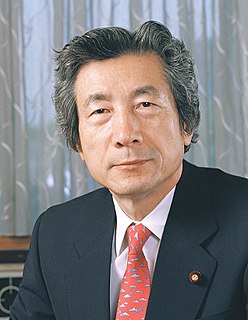A Quote by William Shakespeare
Related Quotes
Against my will I am sent to bid you come in to dinner. BENEDICK Fair Beatrice, I thank you for your pains. BEATRICE I took no more pains for those thanks than you take pains to thank me: if it had been painful, I would not have come. BENEDICK You take pleasure then in the message? BEATRICE Yea, just so much as you may take upon a knife's point ... You have no stomach, signior: fare you well. Exit BENEDICK Ha! 'Against my will I am sent to bid you come in to dinner;' there's a double meaning in that... (Much Ado About Nothing)
Do you, like a skilful weigher, put into the balance the pleasures and the pains, near and distant, and weigh them, and then say which outweighs the other? If you weigh pleasures against pleasures, you of course take the more and greater; or if you weigh pains against pains, then you choose that course of action in which the painful is exceeded by the pleasant, whether the distant by the near or the near by the distant; and you avoid that course of action in which the pleasant is exceeded by the painful.
Kripke says that physicalists like me can't explain the 'apparent contingency' of mind-brain identities. He maintains that, if I really believed that pains are C-fibres, then I ought no longer to have any room for the thought that 'they' might come apart. His argument is that, since pains aren't identified via some contingent description, but in terms of how they feel, I have no good way of constructing a possible world, so to speak, where C-fibres are present yet pains absent.






































